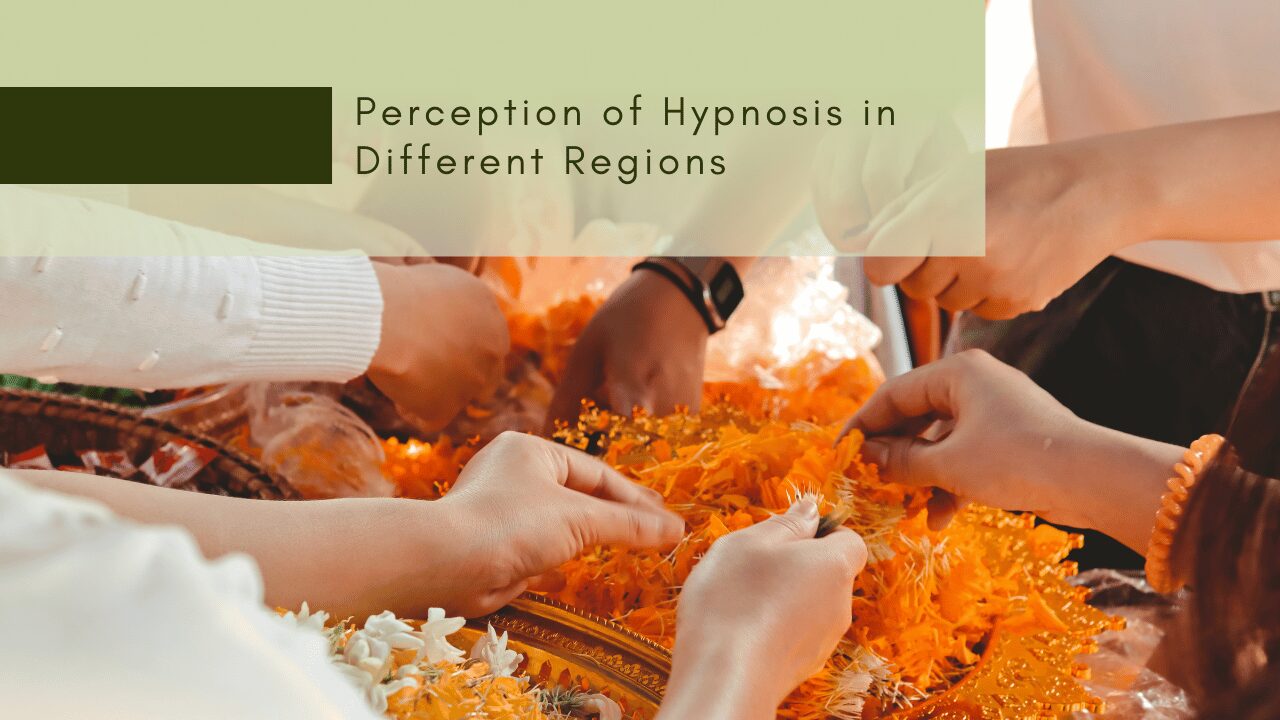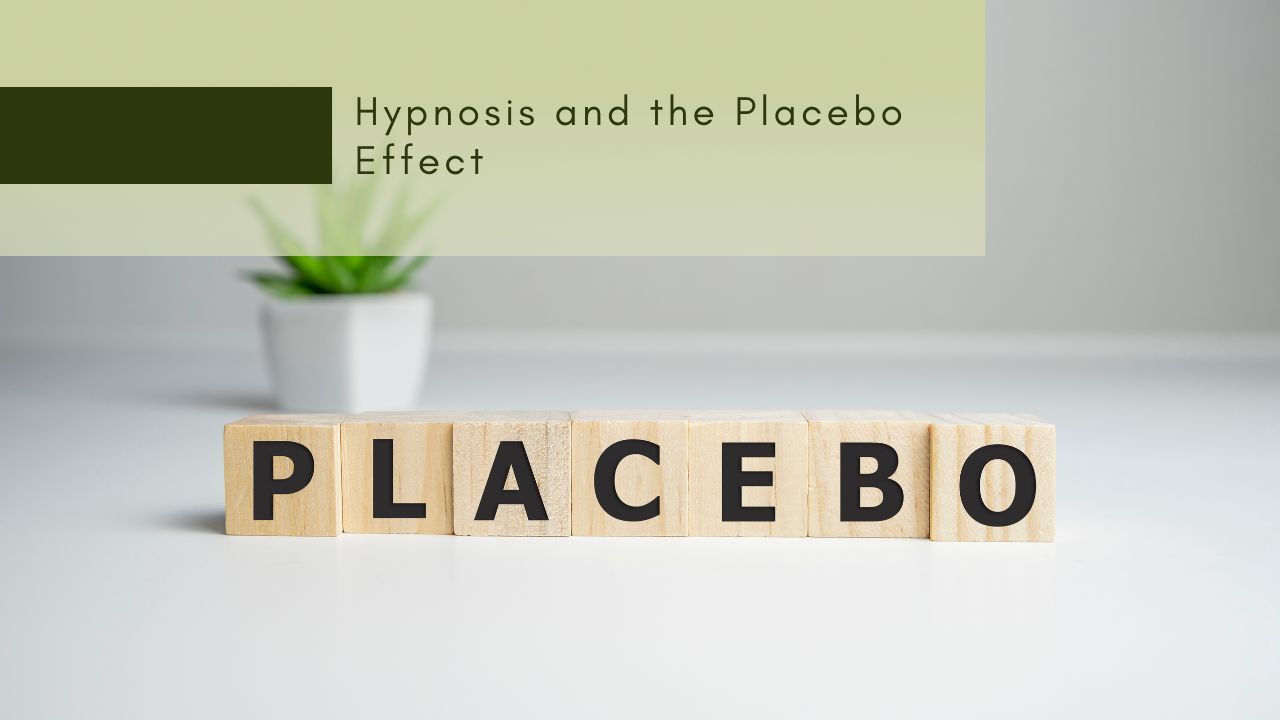Cultural beliefs, values, and worldviews play a significant role in shaping the perception and practice of hypnosis in different regions. The following shows how:
Attitudes Toward Control and Autonomy
Cultures that prioritize individual autonomy and control may view hypnosis with skepticism or fear, perceiving it as a form of manipulation or loss of control over one’s mind. Conversely, cultures that value communal harmony and trust in authority figures may be more open to hypnosis as a tool for healing or personal growth.
Beliefs About the Mind-Body Connection
Cultures with holistic views of health and wellness, which emphasize the interconnectedness of mind, body, and spirit, may be more receptive to hypnosis as a means of addressing psychological and physical issues. In contrast, cultures with dualistic views that separate the mind and body may be less inclined to see hypnosis as a viable therapeutic approach.
Religious and Spiritual Beliefs
Religious and spiritual beliefs can significantly influence attitudes toward hypnosis. Cultures with belief systems that include concepts of trance, possession, or altered states of consciousness may be more accepting of hypnosis, seeing it as a natural extension of their spiritual practices. Conversely, cultures with strict religious doctrines or beliefs about the sanctity of the mind may view hypnosis with suspicion or as incompatible with their faith.
Cultural Healing Traditions
Cultural practices related to healing and wellness can shape the perception and use of hypnosis. Cultures with rich traditions of alternative healing modalities, such as traditional Chinese medicine, Ayurveda, or indigenous healing practices, may integrate hypnosis into their healing repertoire more readily. In contrast, cultures with dominant biomedical models of healthcare may be slower to adopt hypnosis as a complementary therapy.
Social Norms and Taboos
Cultural norms and taboos surrounding mental health, therapy, and alternative practices can influence the acceptance and practice of hypnosis. In cultures where mental health issues are stigmatized or taboo, hypnosis may be viewed with suspicion or reluctance. Conversely, in cultures that value self-exploration and personal development, hypnosis may be embraced as a tool for inner healing and growth.
In summary, cultural beliefs, values, and worldviews shape the way hypnosis is perceived and practiced in different regions, influencing attitudes toward control, autonomy, spirituality, healing, and social norms. Understanding these cultural factors is essential for effectively integrating hypnosis into diverse cultural contexts and addressing the unique needs and beliefs of different populations.




